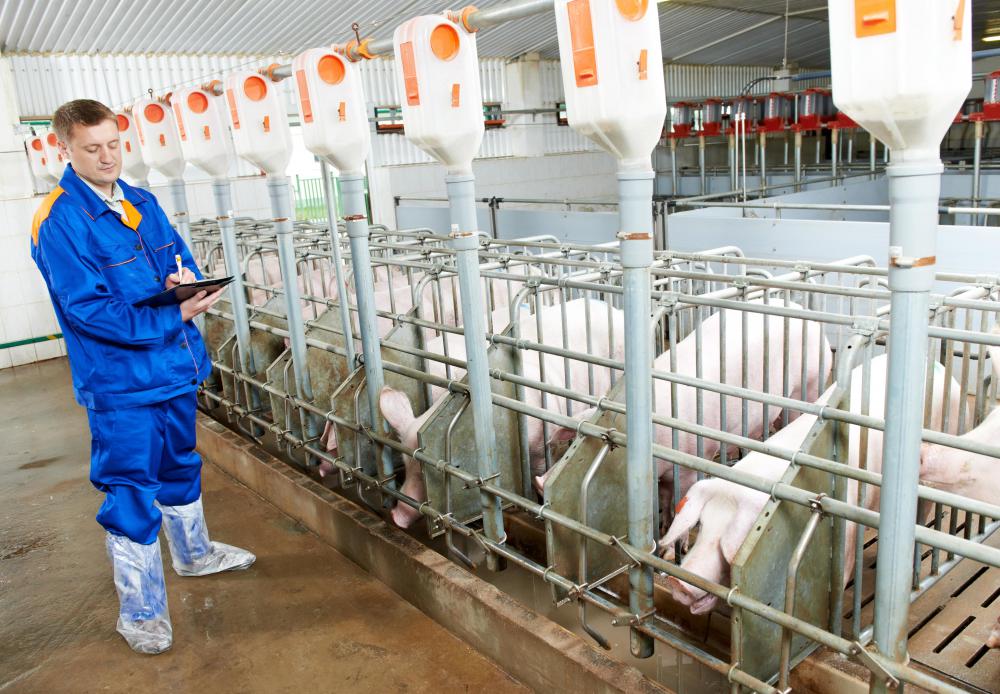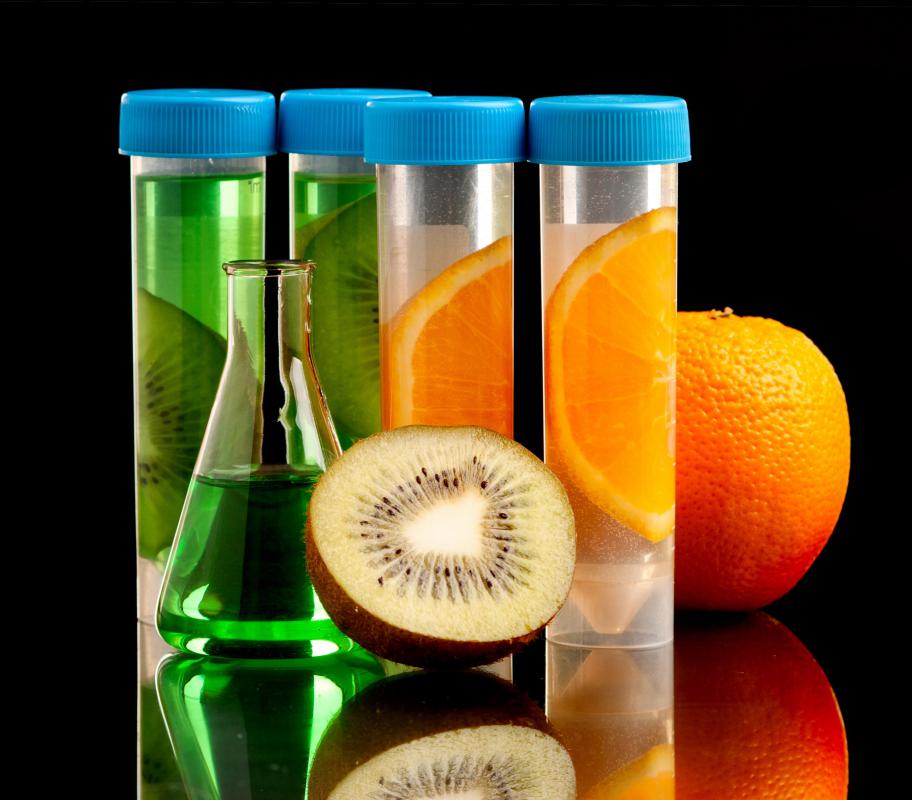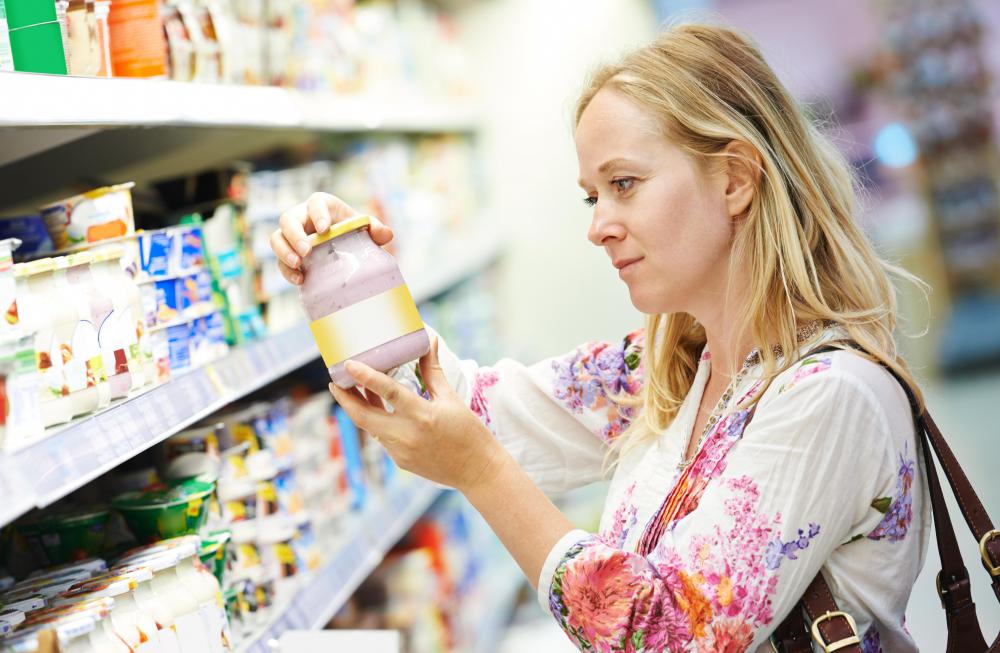At DelightedCooking, we're committed to delivering accurate, trustworthy information. Our expert-authored content is rigorously fact-checked and sourced from credible authorities. Discover how we uphold the highest standards in providing you with reliable knowledge.
What does Natural on a Food Label Mean?
In the 1990s, as more and more consumers became concerned about the source of their food and the products in it, many companies began to rethink their practices and redesign their food labels to reflect this. With an increasing number of companies using terms like “all natural,” “hormone free,” and “free range,” the United States Department of Agriculture (USDA) began to realize that some label regulation might be necessary, so that consumers could be confident in what they were buying. As a result, the USDA published definitions for many of the terms being used, including “natural.”
The USDA enforces these labeling definitions through the Food Safety and Inspection Service, which monitors how food is produced and what goes into it. According to the USDA, this service agency is responsible for backing up defined label claims such as “natural” with regular inspection, remediation, and fines if necessary. The USDA believes that this is a valuable service to consumers, who are somewhat overwhelmed with the wide variety of claims made on food labels.

According to the USDA, food can only be labeled natural if it contains no artificial ingredients or added colors and is minimally processed. Furthermore, the label must clearly spell this definition out, so that consumers are not misled by the “natural” label. Although this label is an important step in the right direction, many consumers are more concerned about what the natural label does not mean.

For example, animal products raised with the use of artificial hormones can be labeled natural. So can genetically modified organisms. Most importantly, natural does not mean organic, although many companies would like consumers to think it does. Organic food has a stringent set of requirements, policies, and procedures that must be followed for certification. These requirements are much more explicit and in depth than the single paragraph definition used for “natural.”

Some companies who cannot afford organic certification may choose to use USDA labeling to define their product. For example, the USDA also defines the use of labeling regarding hormones and antibiotics. A company could label a product to indicate that it fulfilled the conditions for natural, hormone free, and antibiotic free USDA definitions. This method is, however, imperfect, because a variety of things that are certainly not organic could fall comfortably into all of these categories.
Food labeling is an extremely complex and growing issue in the United States, with consumers clamoring for sustainable foods and companies eager to supply them, or at least to lead consumers into believing that they are purchasing healthy products. Consumers are advised to read the entire label on a product labeled natural, to see what else it might contain.
AS FEATURED ON:
AS FEATURED ON:













Discussion Comments
It is insane how the words natural and health are so unrelated in the food industry. I recently watched a movie called "Food Inc." that was about the food industry. Some of the investigations done by the film were disturbing. It shows the inner workings of the different segments of the food industry, and the common practices that no one knows about. The film also discussed the types of regulations governing the food industry (like those surrounding organics, natural foods, and genetically modified organisms).
I would say the film is a must watch for anyone who shops in a grocery store and is concerned with his or her health.
Here is a fun fact. The USDA considers High fructose corn syrup (HFCS) natural. I learned this because my fiancée used to work at Ben & Jerry's Ice Cream Factory in Vermont. When Unilever bought the company, they began to make some changes. One of the first changes was the type of sweetener the company uses.
Ben& Jerry's used to use sugar, but now they use HFCS. I was outraged that they used such a heavily processed sweetener and still called it natural, but I guess it falls under the USDA guidelines.
Many of the ingredients that the USDA considers natural would never be found in nature.
Post your comments